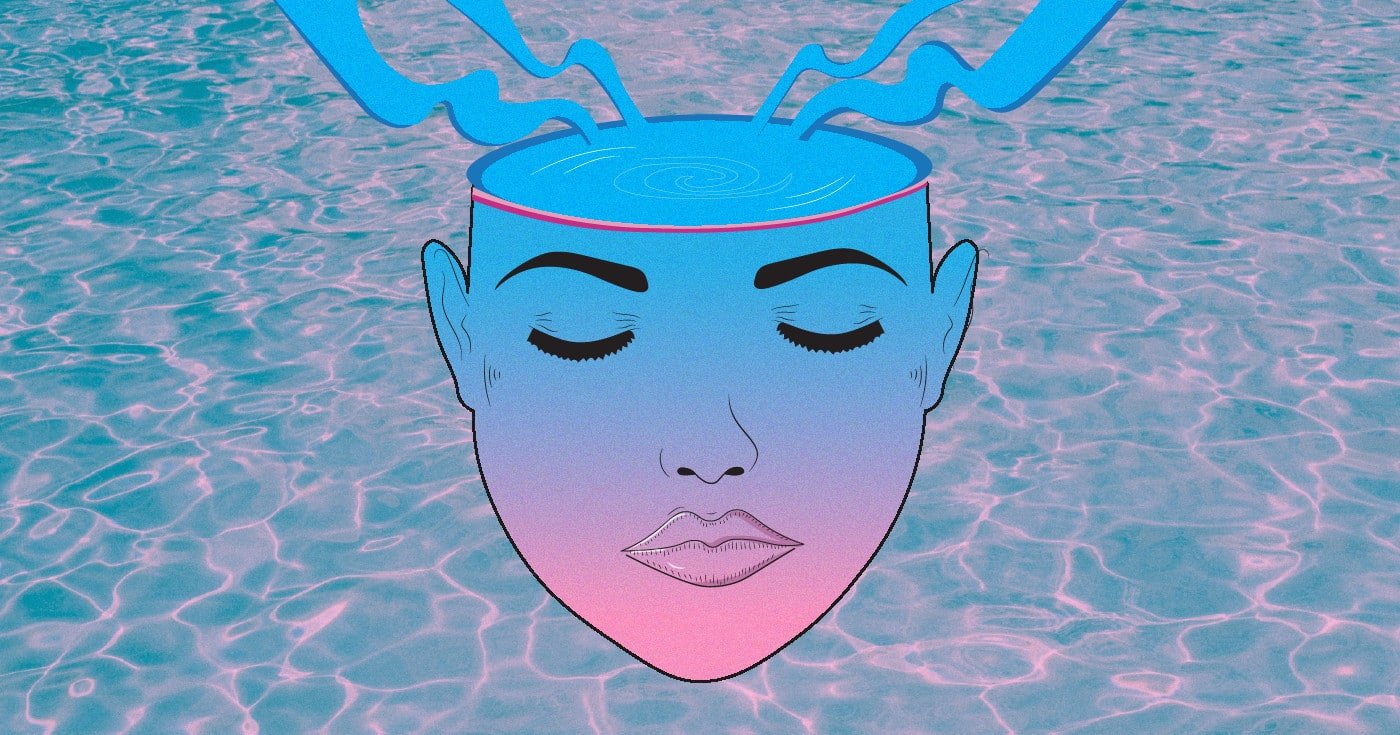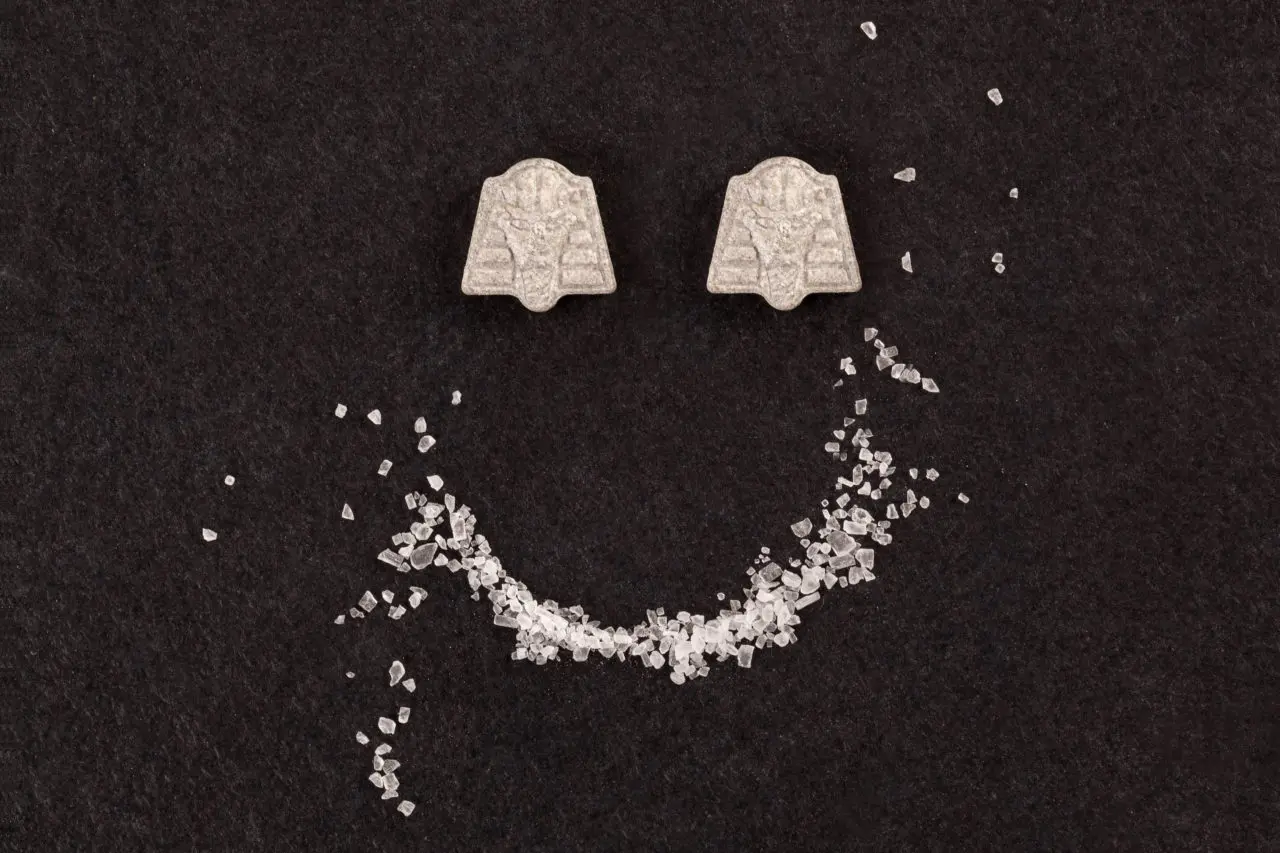

LSD was a popular recreational drug in the 60s and 70s, but it’s long-lasting effects and the fact that other drugs can offer more euphoric highs have made recreational use less common. Users may be experiencing the psychoactive effects of LSD long after they’re ready to be done with their drug trip. For that reason, LSD’s effects can last for a long time. LSD causes the receptor to activate continually for more than 12 hours until the drug is broken down.

This serotonin receptor has been identified to be the most likely cause for some of LSD’s most dramatic effects, including hallucinations. It works in the brain by affecting several receptors, including dopamine, adrenergic, glutamate, and a specific serotonin receptor (5H2TA). LSD is a potent drug, and it can be active in the microgram levels. As illicit use spread, the drug was made illegal, and research slowed. Though the CIA had dreams of using the drug for mind control, psychonauts in the 60s and 70s used it as a recreational drug. In fact, the world was so enamored with this strange drug, even the CIA got involved with secret, controversial, and unethical LSD experiments that were made public.

The drug was first synthesized in 1938 by a scientist named Albert Hoffman that learned about its psychedelic effects after he accidentally gave himself a small dose.įor the next couple of decades, LSD was heavily researched all over the world, especially in the United States. What Is Acid?Īcid is the street name for a chemical called lysergic acid diethylamide (or LSD). This can cause depression, irritability, and fatigue. However, after using MDMA, your brain won’t have enough serotonin to release during normal activities for the next several hours. A healthy flow of the chemical messengers in your brain is an essential part of your mental health. Your brain releases serotonin and other rewarding chemicals through normal everyday activities. This is called a comedown, and it refers to the unpleasant process your body goes through in recovering from a night of psychoactive chemicals. When you take MDMA, it releases and then destroys larger amounts than usual, leaving you with unpleasant feelings when the drug starts to wear off. Excessive amounts are recycled or destroyed through normal processes. However, your brain can only release so much serotonin at one time. A surge of social emotions can help partiers have a good time. This is also why it’s popular at parties and in club culture. Serotonin is released in large amounts when MDMA is in your system, which enhances feelings of love and empathy. When you experience feelings of love, interpersonal connection, and romance, your brain releases serotonin that gives you those warm fuzzy feelings. MDMA is often called an empathogen because of the way it influences feelings of empathy and closeness with others. Specifically, MDMA affects a chemical messenger called serotonin, which is closely tied to things like appetite, sleep, and mood. In your brain, MDMA has a powerful influence on the chemical process that sends messages throughout your nervous system. The term ecstasy refers to MDMA that’s been altered by adding stimulants like caffeine or amphetamines. However, the pills you might find on the street may not only contain the pure chemical. MDMA refers to the chemical found in popular party drugs like Molly, and it’s often sold in pill forms. It’s one of the most popular party drugs in the United States, and it’s often used in rave settings to achieve a euphoric high. MDMA is the shorthand name for 3,4-Methylenedioxymethamphetamine, more commonly known as Molly or Ecstasy. Learn more about MDMA, acid, and their effects on your brain and body. Both drugs are used today, but what are they and how do they compare? Are they dangerous to their users? But how does it compare to the popular psychedelic drug of the previous generation? Acid was once a widely used psychedelic drug with potent effects on the brain. MDMA may be the most popular party drug for the current generation of intrepid clubbers who are looking for a way to enhance their experience.


 0 kommentar(er)
0 kommentar(er)
